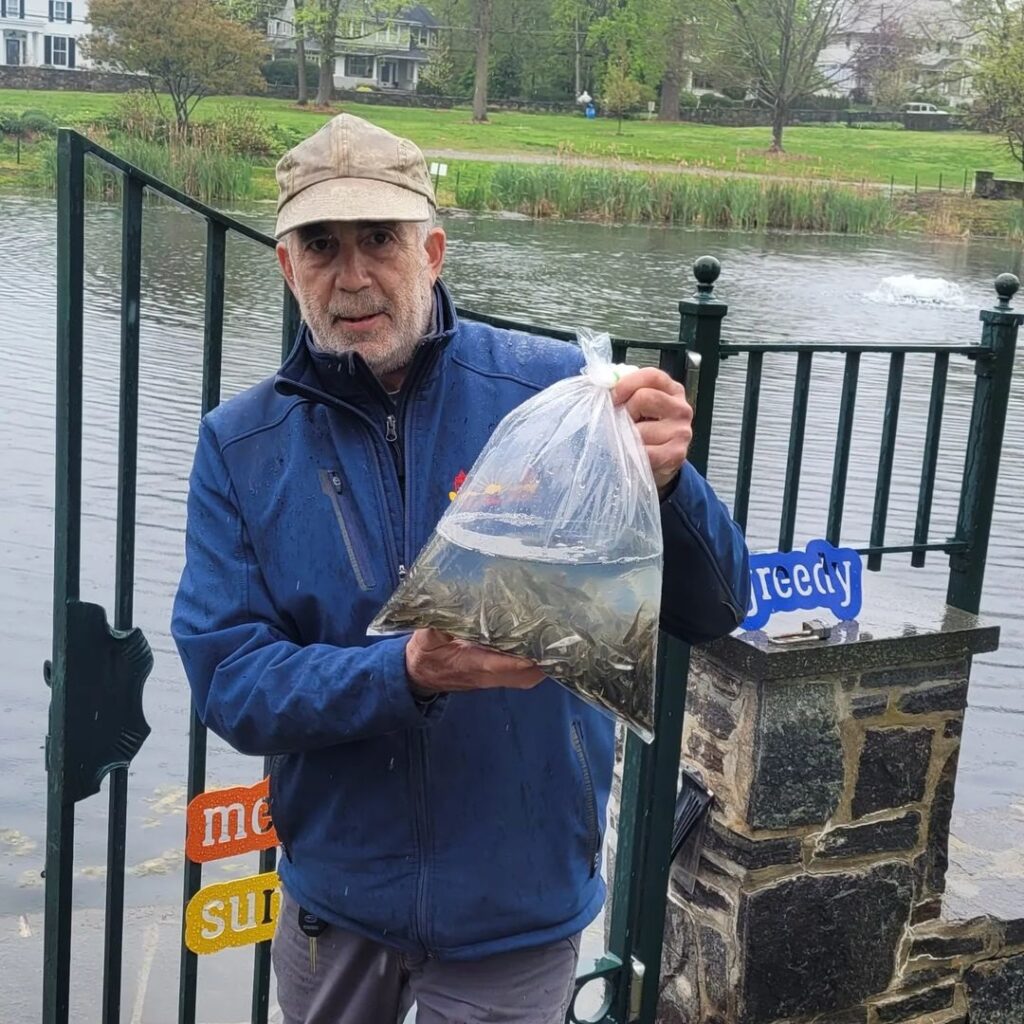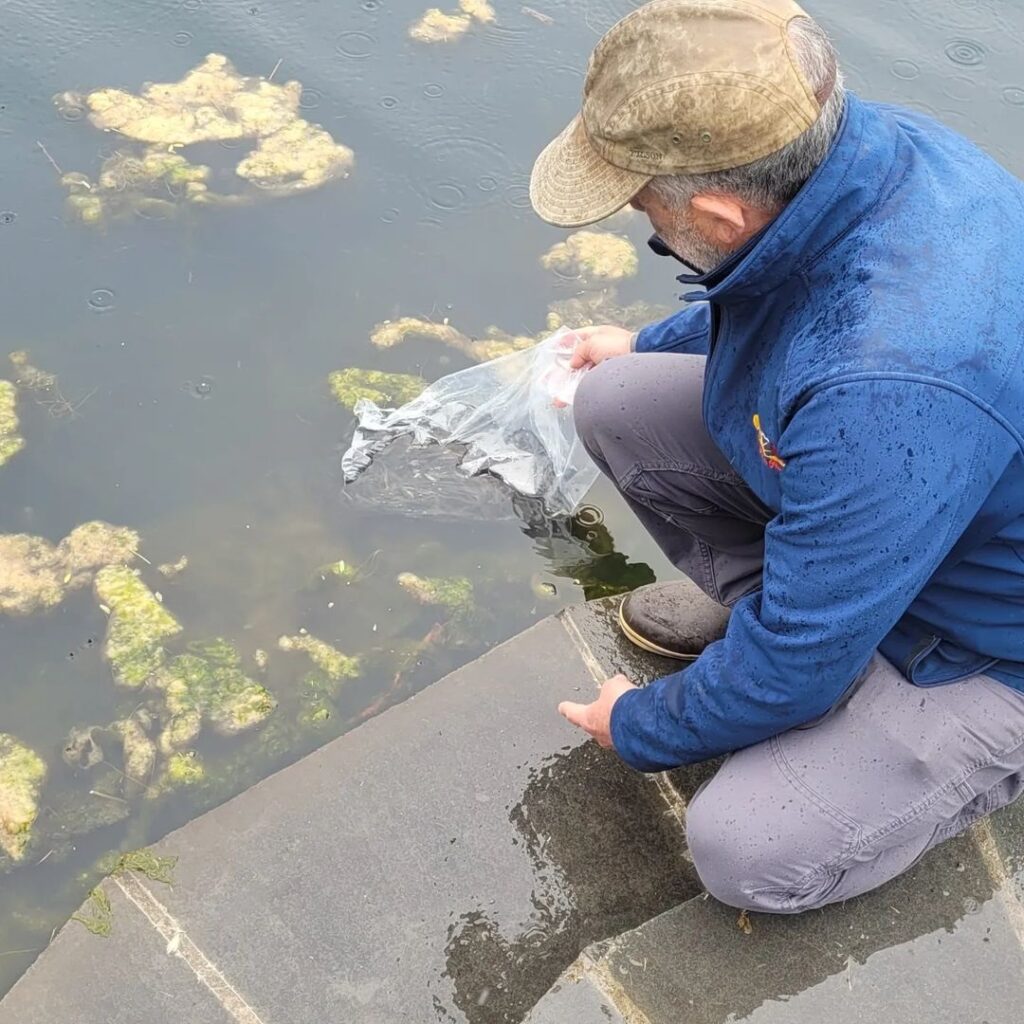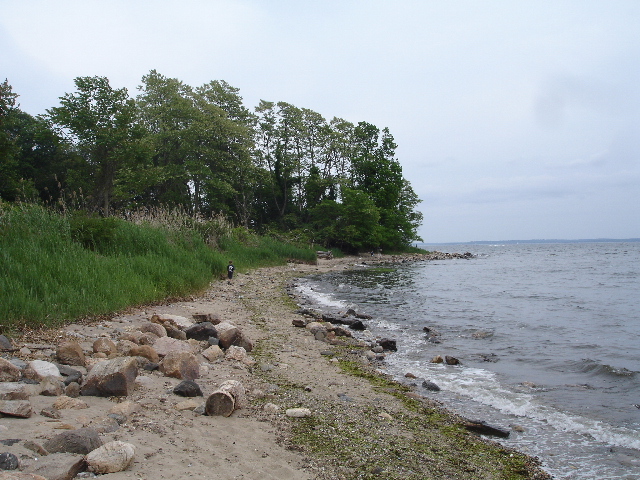Small Fish, Big Impact: Mosquito Fighting Minnows

Sometimes even small fish in a small pond can have a big impact.
On Saturday, Rye Town Park Director Russ Gold released a school of mosquito fighting minnows into the park’s duck pond.
The small fish can make a big difference by eating mosquito larvae. That interrupts the breeding cycle and reduces mosquito populations. Bats are also great partners in the mosquito fight.
The Westchester County Department of Health just completed its annual free distribution of minnows this Friday and Saturday. Each year the DOH offers minnows to residents with backyard ponds and water features to prevent the spread of mosquito-borne diseases like West Nile Virus. Last year, West Nile Virus was identified in four local mosquito batches and three people were diagnosed with West Nile Virus.
Rain and warmer weather promote mosquito reproduction. By removing standing water, residents can help reduce the mosquito population. Health Commissioner Sherlita Amler, MD, said: “Rain sets the stage for mosquitoes to breed, and adult mosquitoes bite close to their breeding grounds. That’s why it’s so important to remove standing water around your home now and throughout the spring and summer and to use repellents, especially at dawn and at dusk, when mosquitoes are most active.”
To reduce the chances for mosquitoes to breed and bite around your home, follow these tips:
- Avoid the outdoors in the late afternoon and early evening when mosquitoes are active and feeding, and use insect repellents when outdoors during these times. Be sure to follow the instructions on the label.
- Adults can apply insect repellents with up to 30 percent DEET on infants two months of age and older by applying the product to their own hands and then rubbing their hands on their children.
- Wear protective clothing, such as long pants, long-sleeved shirts and socks when outdoors, especially where mosquitoes are active and feeding.
- Check your property for containers, wading pools, tires or garden tools that should be put away or turned over to prevent water collection.
- Drill holes in the bottoms of all recycling containers kept outdoors.
- Change the water in birdbaths at least twice weekly.
- Keep storm drains and gutters clear of leaves and debris.
- Chlorinate swimming pools, outdoor spas and hot tubs and if not chlorinated, drain any water that collects on their covers.
Large areas of standing water on public property that cannot easily be removed should be reported to the Health Department at (914) 813-5000.







